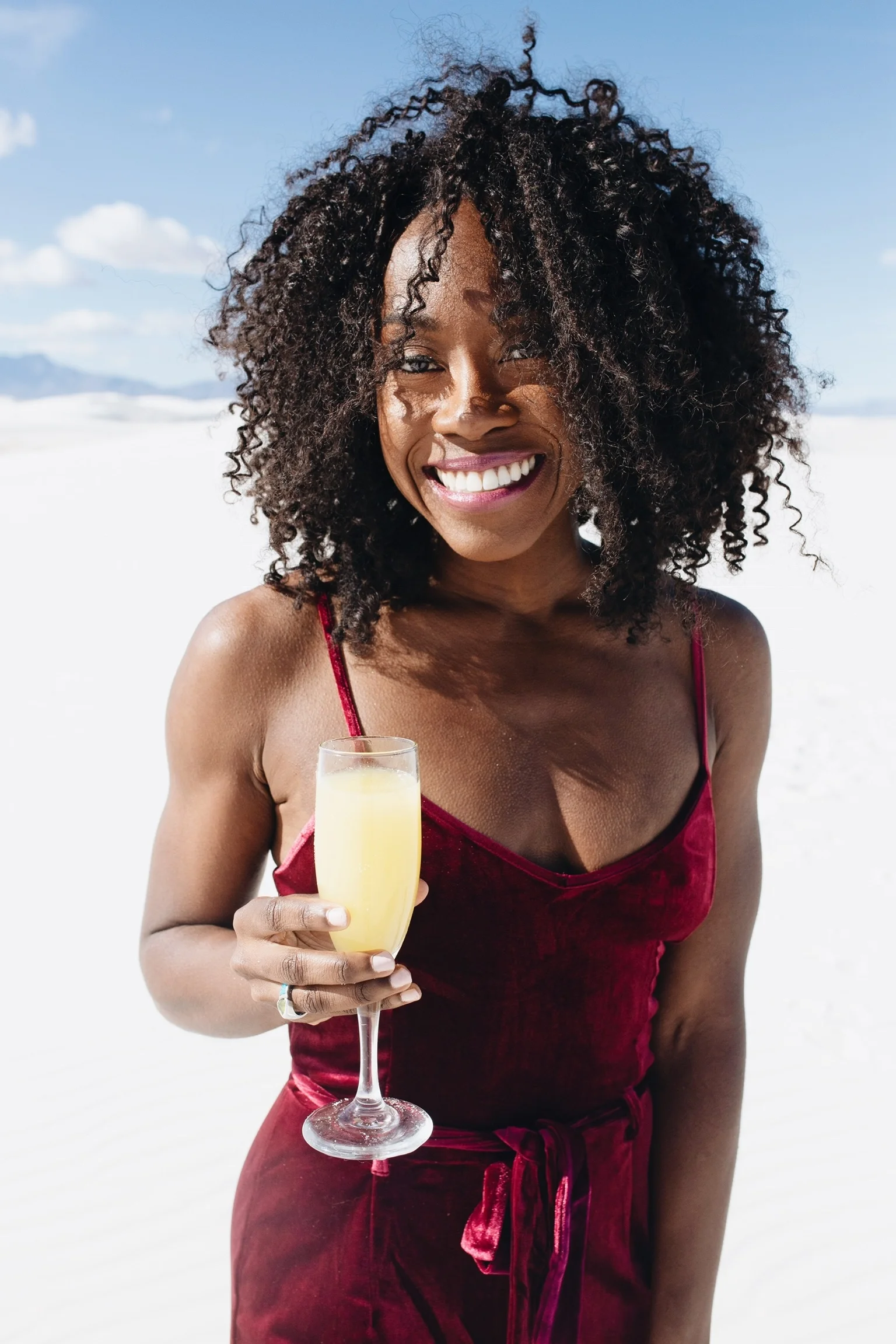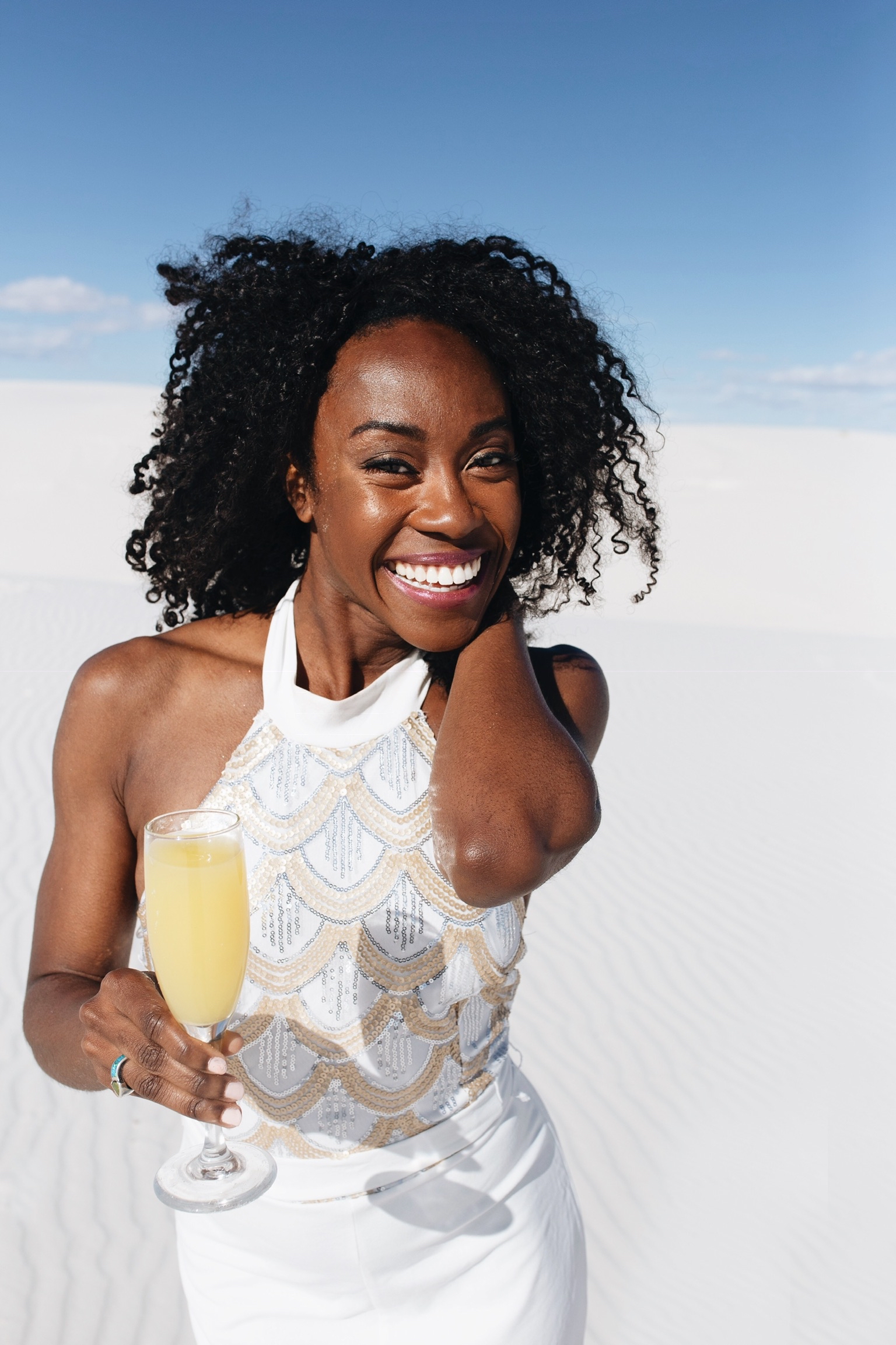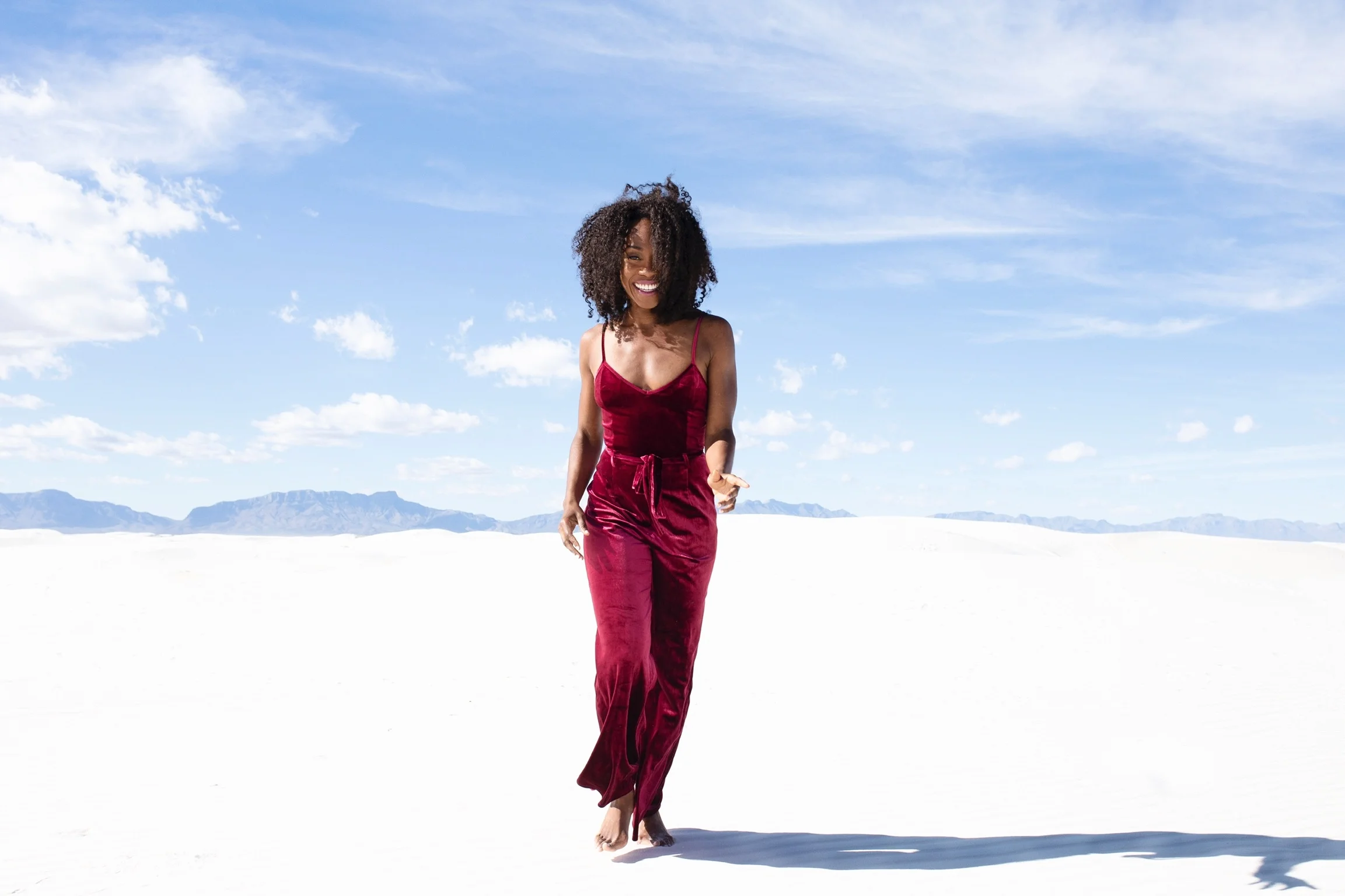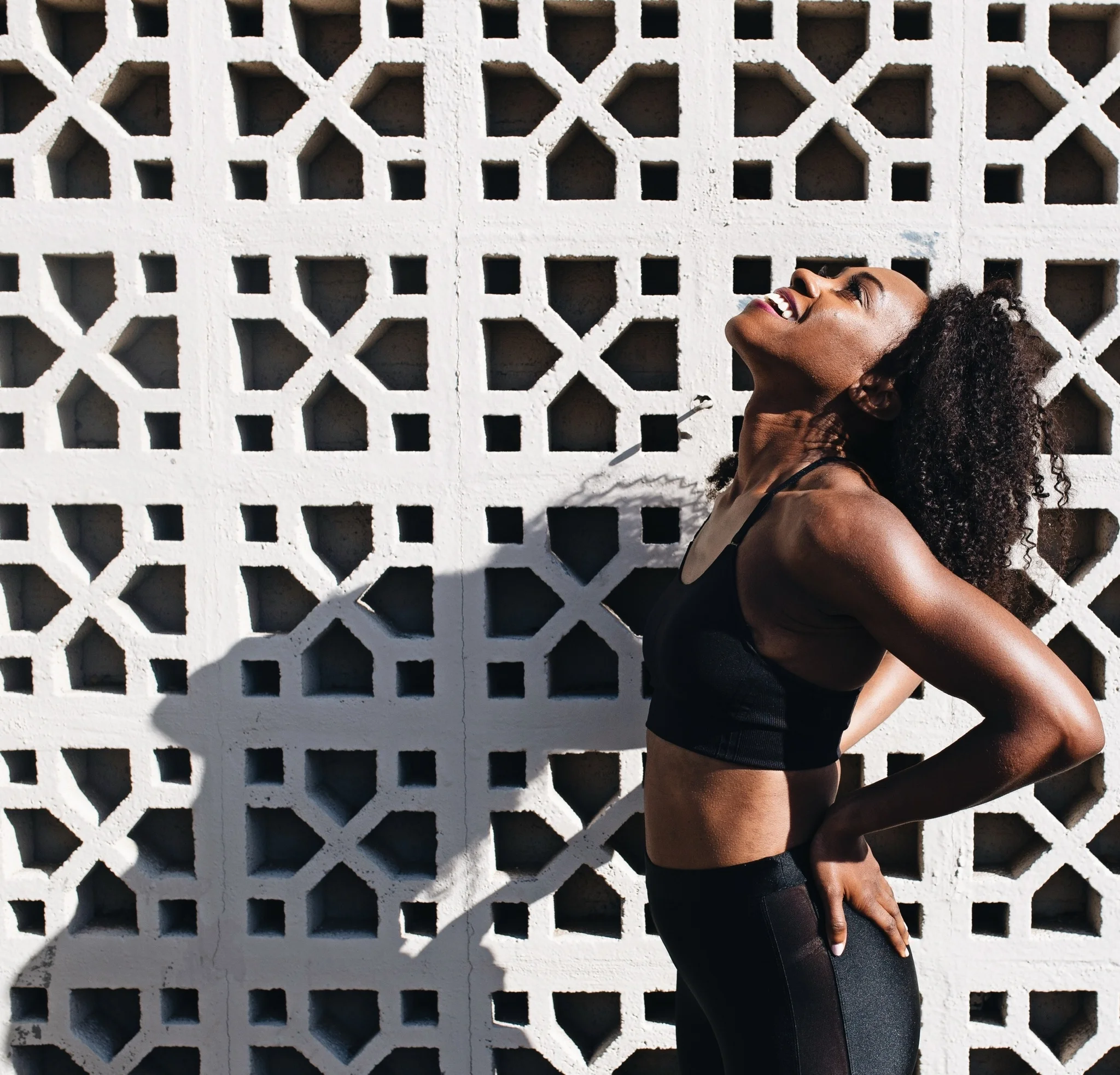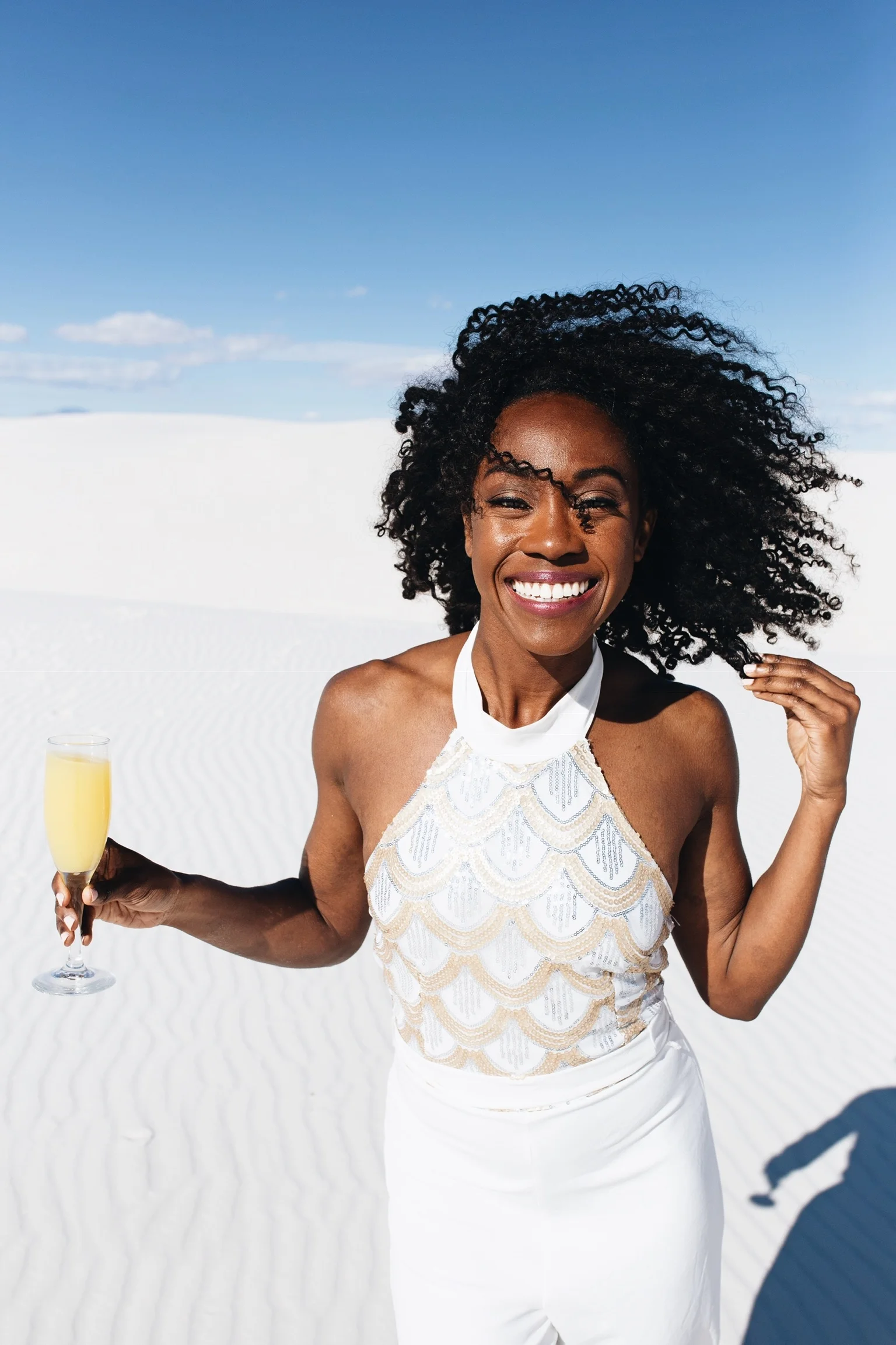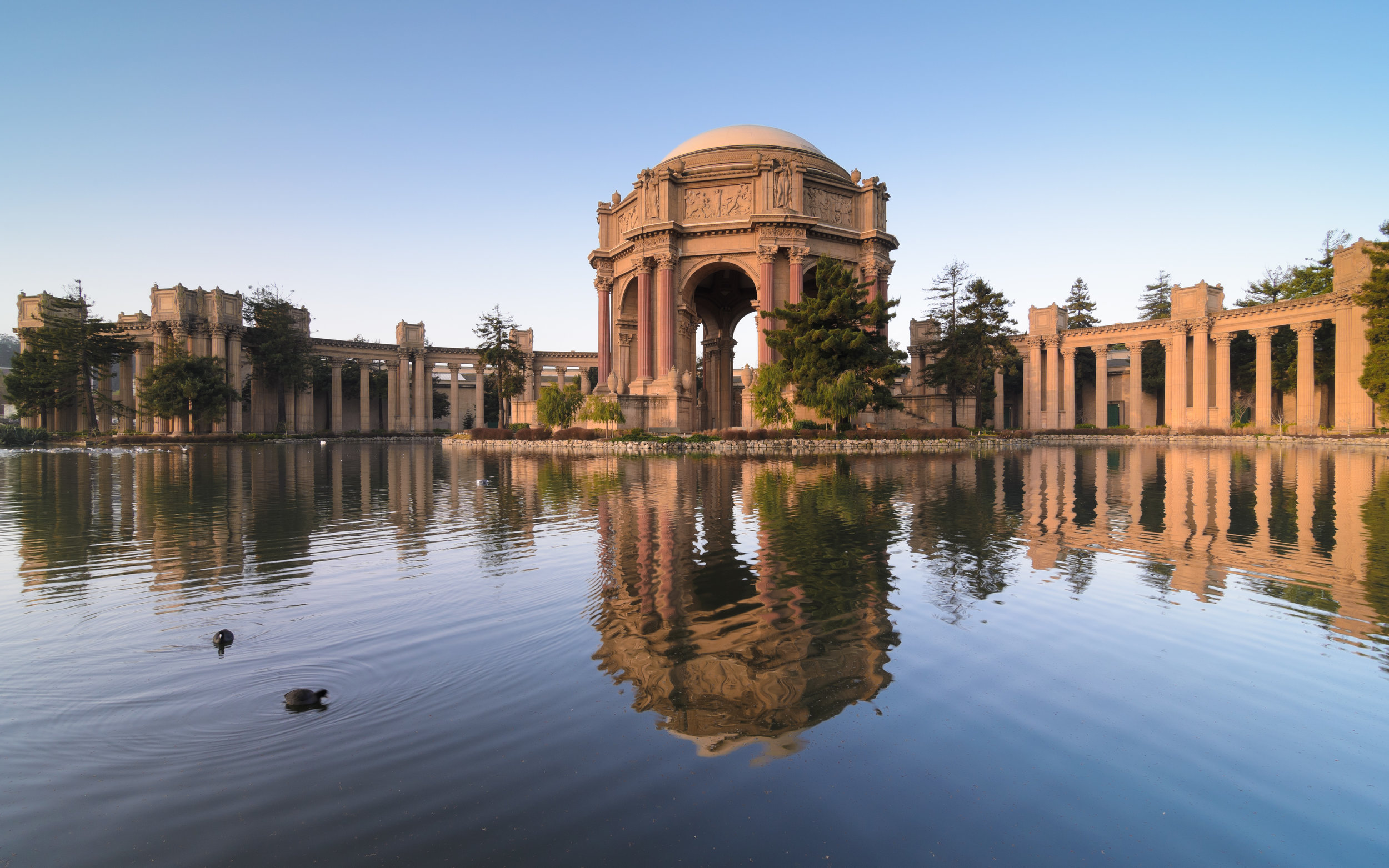We sat down with one of the top CFPs in the United States to learn which retirement plan is best for a small business owner.
SEP IRA vs. Solo 401(k): What Should You Choose As A Freelancer?
Everything You Need To Know About Stock Options
The Best 15 Side Hustles You Can Do While Working Full-Time
The Best Low Cost Tricks To Increase The Value Of Your Home
Understanding Your Employee Stock Options
You Could Save Thousands Each Year and Reduce Your Taxes – Here’s How
7 Money Habits of Successful Entertainers
Side-Hustle Scholarship: How I’ve Leveraged a Startup into a Debt-Free Master’s Degree
Money Monday Q&A: How do I make the most money as a pro performer?
The Million Dollar Question- Should You Hire a Wealth Advisor?
5 Strategies To Help Protect Your Financial Health
Permanent Life Insurance: A Way To Save For College And Retirement
Money Monday Q&A: How should I invest my money?
Retirement Planning for Freelancers: Tips for a Bubbly Financial Outlook
SEP IRA vs. Solo 401(k): What’s the Best Plan for Your Future?
Using Your HSA Plan as a Retirement Strategy
Feel Rich By Giving Big: 10 Keys to Modern Bosslady Philanthropy
5 Surprising Investments that Justify Being a Shopaholic
Bernard Maybeck. The famed late architect best known for designing the Palace of Fine Arts in the Marina District of San Francisco. The son of a German immigrant, he studied at the Ecole des Beaux Arts in Paris before moving to Berkeley, California. His style was an eclectic blend of Mission style, Gothic revivial and Beaux-Arts classicism.
Palace of Fine Arts in San Francisco. Designed by architect, Bernard Maybeck.
I had the distinct pleasure of being invited to a private lunch to one of the residential homes Maybeck designed in the Oakland Hills, known as the Guy Hyde Chick House. The owner, an art collector affectionately described as a raconteur by the Mercury News, graciously invited me over after we met a party hosted by our mutual tech publicist friend. The design of the home is known as “First Bay Tradition” style, where the structure is designed to merge with the natural surroundings. Perhaps laying the foundation for today’s green movement.
Everything about the home was breathtaking, but what stood out to me the most was the incredible art collection. It was almost as if the rooms decorated the art, not the other way around.
"Time is fleeting" by Fong Fai. Originally from Hong Kong, he now resides in San Francisco.
As someone who is new to the art collector’s world, I was in for a treat and some major education about fine art pieces embodying 5,000 years of cultural expression- Chinese. I also learned a little bit about the business of fine art and the opportunities it presents for investors.
Inspired, immediately after lunch, I did some research on luxury items as investments. How is that art can be a place to store and build wealth? Are there other luxury items that can do the same?
Apparently, yes! So, the next time someone judges you for shopping for the finer things in life. First, tell them that you are making a practical investment and expect to see a decent ROI on your purchase. Then say, bye. Because you don’t need that kind of negativity in your life.
Fine Art. According to the Knight Frank Luxury Investment Index, the fine art category is making a comeback as a passion investment. After a depressed 2016 market, the value of art at auctions has grown by 21 percent with the headliner, Salvator Mundi by Leonardo di Vinci selling for $450 million.
Jewelry. Prices for jewelry grew four percent last year and 138 percent over the last decade. The record price was set by ‘Apollo & Artemis’ diamond earrings, which were sold for $57.4 million. And the record for a diamond? $71 million was the selling price for a rare diamond known as the “Pink Star”.
Fine wines. After being the leader in the passion investment class in 2016, fine wines are going through a slight contraction in pricing. After a 24% price growth in 2016, last year it slipped to 11%. However, with a double digit growth increase, the category remains a strong contender.
Vintage Cars. Who would have thought that cars could be an investment vehicle. Maybe it’s not a surprise to you, but the amount that these cars sell for is mindblowing to me. Last week, a 1962 Ferrari 250 GTO sold for $48.4 million at RM Sotheby’s annual Monterey collector car sale. The value of the car is expected to increase to $100 million within the next two to three years.
Furniture. Yes, you love for fabulous for home decor is 100% justified. A rare set of four Chinese huanghuali folding chairs sold for over $5 million. Sounds like your interior decorating haul is a retirement plan.
See, your love for shopping is totally a legit investment strategy. With that said, be sure to do it responsibly and have an ample amount of savings to support any unexpected (welcomed or otherwise) needs. I recommend a high-yield savings account because the return is much higher than traditional accounts. Click the link to check out the Radius High-Yield Savings account* - they have one of the highest interest rates.
For more fun money tips, join our weekly Money & Mimosas Insider list.
This post is in partnership with Radius Bank.
5 ideas for investing $5,000
Taking one final glance in the mirror, Rose* hesitantly gave a tiny smile of success.
“Wow,” she whispered quietly to herself. “What a difference a year makes.” Drinking in her reflection, she couldn’t help but to admire what she saw. A woman who stood tall and fully grounded in her skin. Her once long, luscious strawberry blonde locks had been traded in for a chocolate pixie cut. Having shedded twenty-five pounds, thanks to her Cross Fit weight training and diet overhaul, her slender frame was strong yet feminine in her New York and Company creme colored jumpsuit.
Just last year, she thought her world was over. At the ripe old age of 29 (as society would have her think), she was single and depressed. Her fiancee had dumped her. Claiming that he had had a change of heart, only to find out that his fling in Dubai may have had something to do with it. The breakup sent her into an immediate spin of questioning everything in her life. Her job, her friendships, her purpose in life, her relationship with food and not least of all, her relationship with money.
Working full-time as a makeup artist for a department store in Scottsdale, Rose was ready for a change. She was ready to move to the big city of Los Angeles and embark on a career as a freelance makeup artist. But, before she made the move, she wanted to make some big-girl decisions about her money and start investing.
She had about $5,000 that she could play with, but was too scared to invest it. Rose knew the importance of making money work for you (how else was she supposed to be able retire and live in the South France), but was a tad embarrassed that she didn’t know the first step to take. Nor felt comfortable asking anyone for help.
I had met Rose at a gala on one of my speaking gig trips to Arizona. Rose and I immediately hit it off, easy to do when you’re the only two obnoxiously crowding the bartender to get a refill as soon as your drink is empty.
As luck would have it for a money blogger, Rose and I started chatting about money. Rose confided the hesitation around investing to me along with her recent breakup, the haircut and her plans to move to Los Angeles. The whole mirror scene is a figment of my imagination. Hopefully you don’t mind that I took literary liberty with that, Rose.
After doing some research, here are five ideas that I came up with for Rose (and maybe, you!) to invest $5,000.
Before you get started, ask yourself if you need access to these funds within the next five years. If so, I recommend using an investment vehicle that is liquid. This means that you can easily access the funds with no, or little, penalty fees.
High-yield savings account: If you’re new to investing, it’s a good idea to begin with a conservative approach. With a high-yield savings account, the $5,000 you put in will be returned you. And then some. I’m a big fan of Radius Bank . It has one of the highest APY rates on the market.
Robo-advisor: Usually working with a personal financial advisor is costly because of the fees we need to pay to compensate a human being for their time and expertise. An alternative is to use a tech platform, until you are ready to hire someone. A couple of options to look into are Ellevest and Moola.
Real estate: if real-estate is your jam, unfortunately $5,000 won’t get you very far. But, you can check out platforms such as Fundrise, RealtyShares, RealCrowd for non-traditional real estate opportunities.
Personal loans platform: these platforms give you the opportunity to help another individual pay down a loan, cover their IVF costs or grow their small business. Two platforms you can check out are Prosper and Lending Club.
Invest in your small business or your personal development: as Warren Buffet says, the best investment is the one you make in yourself. Consider working 1:1 with a business or life coach, enrolling in a class, or checking out Marie Forleo’s B-School program to boost your marketing skills.
This post is in partnership with Radius Bank.
For more tips on how to lead a financially independent life, sign up for my weekly Money & Mimosas Insider list.
*Name changed to protect identity.






